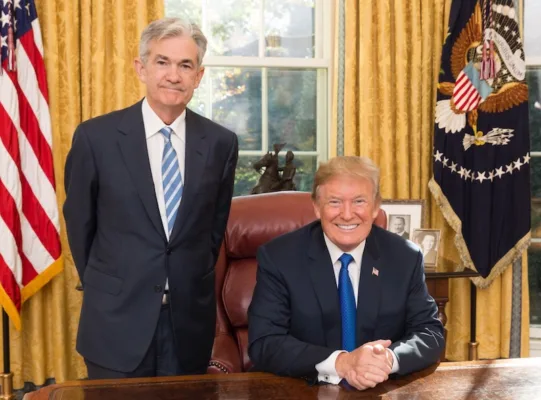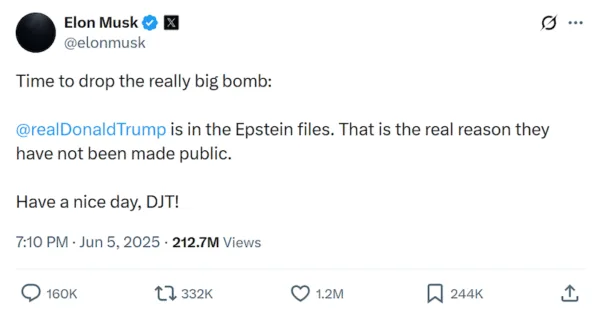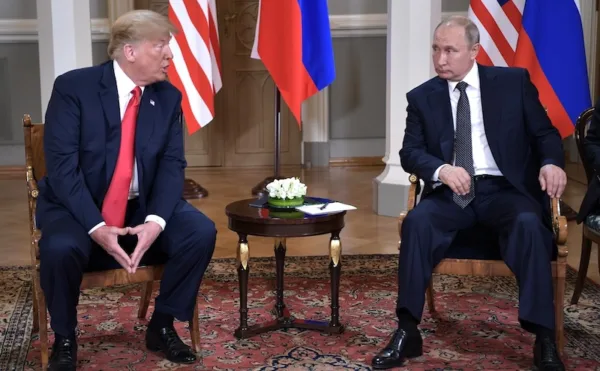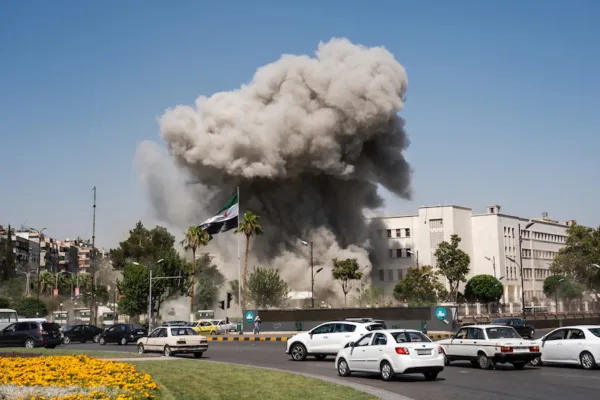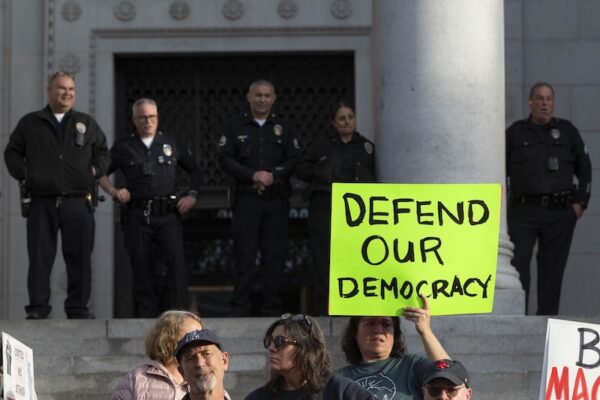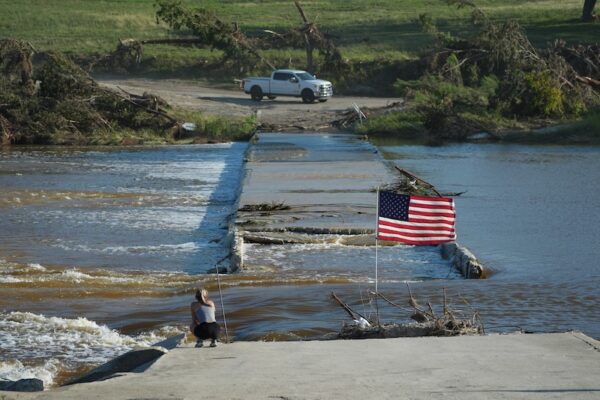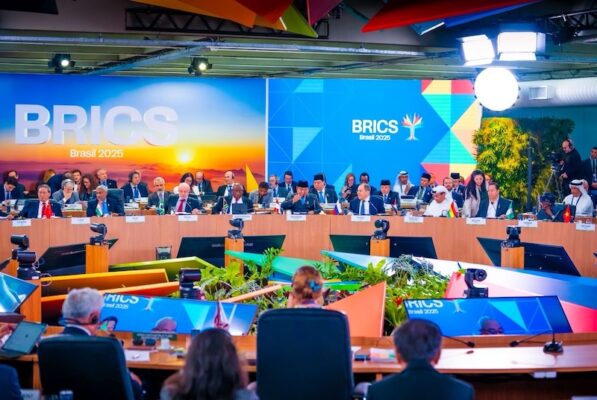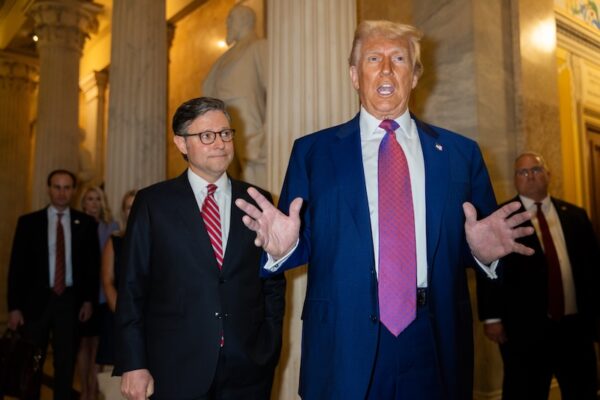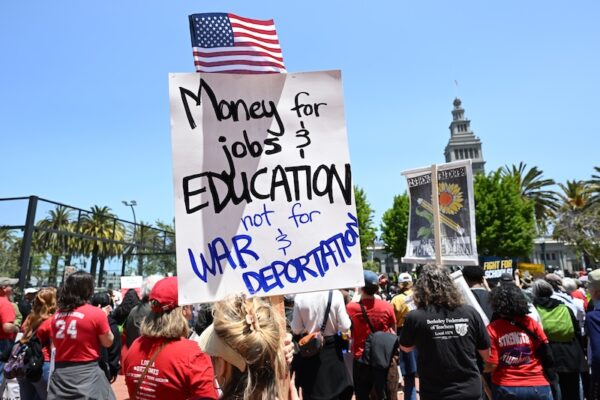Re-strategizing Turkey-US partnership crucial for region
U.S. President Donald Trump’s first telephone conversation with President Recep Tayyip Erdoğan took place last week. The readout following the meeting reiterated not only the “close and longstanding relationship between the United States and Turkey” and the two countries’ “shared commitment to combating terrorism in all forms,” but it also mentioned President Trump’s emphasis on the “strategic partnership” between the two countries.
Following the conversation, it would be no surprise to see intensified traffic between senior officials from the two administrations. These first few months and interactions between Turkish and American foreign policy makers will be important for both countries to understand the priorities, concerns and goals in foreign and security policy.
In this short period of time, considering the extent of threats and expanse of issue areas, senior officials need to establish an effective channel of communication that will contribute to the shared understanding of security issues in the Middle East today, but also prevent any form of miscommunication and misperception. These words may seem too abstract and too prescriptive; however, for the last couple of years many significant problems between the two countries have happened due to the absence of mutual understanding. For instance, there was a significant lack of empathy and appreciation for the trauma that the Turkish people and its government went through following the coup attempt of July 15.
The fact that the first high-level political visit to Turkey after such a traumatic incident, which saw Parliament bombed and hundreds of Turkish citizens killed, took place after almost 45 days, which did not well serve the concept of decades of alliance relations. The Turkish people and the Turkish government were also not convinced of the support and solidarity of the U.S. administration following a series of terrorist attacks in the city centers of Turkey. Following the terrorist attacks, the statement of support to Turkey and the condemnation of the terrorist actions were perceived as the result of standard operating procedures instead of a very real feeling of empathy and solidarity.
Of course, this will be the first step before launching a conversation on critical issues such as the support from the U.S. to the People’s Protection Units (YPG) and Turkish requests on the limitation of activity and extradition of Fetullah Gülen. These issues have been haunting the relationship and “strategic partnership” between the two countries for the last few years. If positive steps for the resolution of these problems do not take place immediately, the destructive impact of these issues to relations will be hard to reverse. According to reports, both issues were raised by the Turkish president during the conversation. There is an expectation that Turkish concerns will be better understood during this era.
Emphasizing the “strategic partnership” was an important dimension in the conversation between the two leaders. This partnership in the new era can include a lot of different aspects, including better intelligence cooperation in the fight against Daesh and other terrorist networks in the region, a renewed emphasis on the building of “safe zones” in Syria to protect internally displaced people in Syria, preventing the destabilizing effects of other regional actors in the region and cooperating on energy security. Considering the Trump administration’s emphasis on trade relations and geo-economics, this new era can be an important opportunity to diversify relations through strengthening the weakest link of the relationship between the two countries.
From the first conversation between the two leaders, both sides expressed a willingness to improve relations and re-strategize the partnership. Now it is up to senior officials on both sides to plan and materialize this significant task in the coming months. The future of this relationship will be very important for both countries, for the region and for the other alliances and partnerships they are in, such as NATO and the International coalition against Daesh.
This article was first published in Daily Sabah on February 10, 2017.











